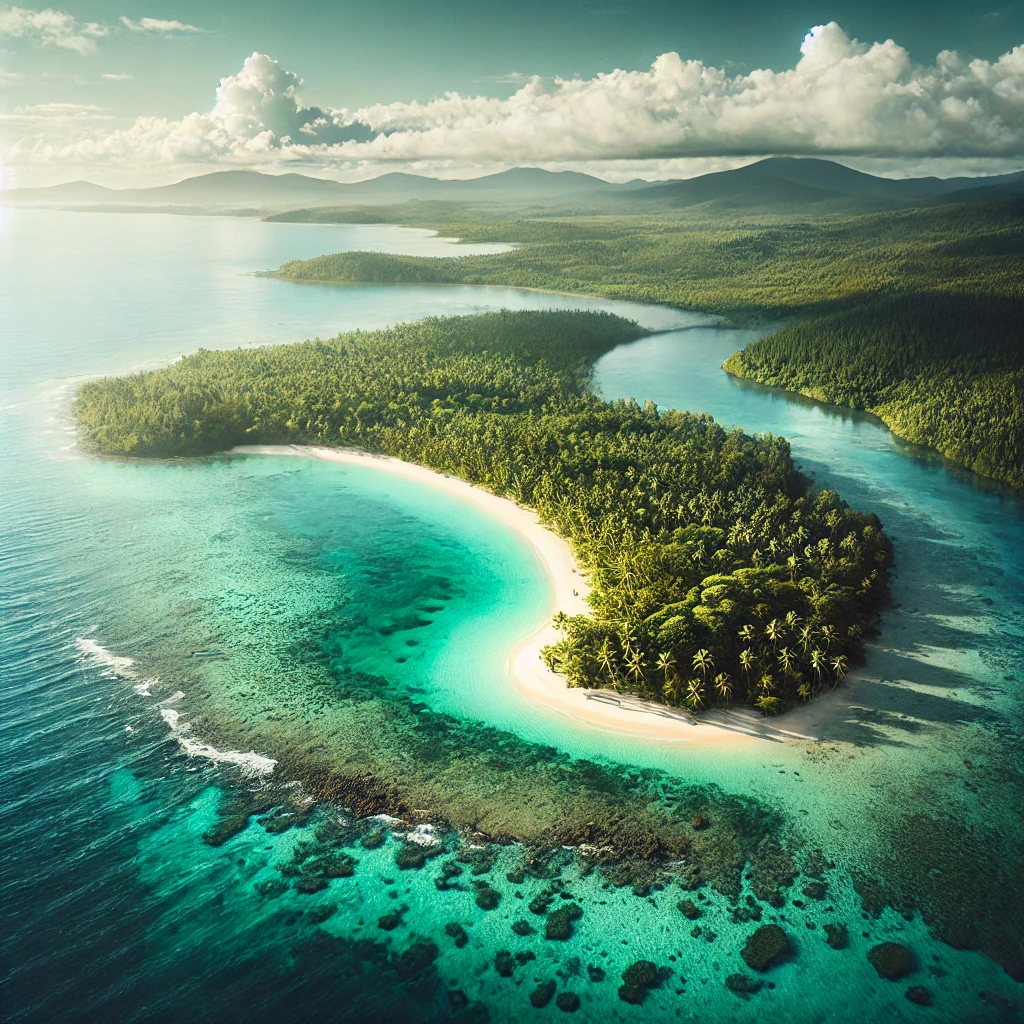Safety in Madagascar

Often, in nearly every conversation, we are asked about the safety of Madagascar. Below, I will delve into the security landscape of this beautiful island.
Madagascar is a country that has avoided wars and armed conflicts over the centuries, making it unique in a geopolitical context. Its isolated location, separated from continental Africa by the Mozambique Channel, provides strategic depth. As the fourth largest island in the world, Madagascar lies over 400 kilometers from the African coast. This geographical distance from the main conflict centers in Africa means that Madagascar is relatively isolated from regional conflicts. The island's isolation affects both its internal and external security, as the logistics and cost of conducting military operations in Madagascar would be much more complicated than in continental countries.
Since gaining independence in 1960, Madagascar has remained practically free from external wars, which has allowed for relative political stability despite periodic internal tensions. Although the island has not avoided sporadic riots and political crises, these situations have not escalated into prolonged tensions. The fact that the country has not been involved in international conflicts makes it one of the few African nations that have avoided direct military actions for an extended period.In summary, the strategic depth of Madagascar, resulting from its geographical isolation, makes it less vulnerable to external conflicts than many other countries, especially in the African region. This distinguishes Madagascar as a stable location, particularly from the perspective of long-term real estate investments.
To maintain impartiality and not view Madagascar solely through our subjective experiences, let us use reliable sources such as the Global Peace Index (GPI), which provides objective data on the level of safety in various countries. This index is used in analyses and decision-making processes by the largest financial institutions and investors to assess the political stability and safety of a country.
How is the Global Peace Index created?
The Global Peace Index (GPI), developed by the Institute for Economics and Peace (IEP), is a tool that measures the level of peace in 163 countries and territories, covering 99.7% of the world's population. The report is based on 23 qualitative and quantitative indicators assigned to three main domains:
- Societal safety and protection – assesses the level of crime, internal security, and social stability.
- External and internal conflicts – measures the scale of a country's involvement in armed conflicts, both international and domestic.
- Militarization – assesses expenditures on armaments, the number of military personnel, and a country's involvement in military alliances.
Each of these indicators is evaluated based on data collected from various sources such as the UN, the World Bank, or Transparency International. The score is expressed on a scale from 1 to 5 – the lower the score, the country is considered safer.
Analysis of Madagascar in the context of the GPI
In the latest Global Peace Index 2023 rankings, Madagascar ranks 56th with a score of 1.859, indicating that it is a relatively safe country compared to many other locations. A score below 1.900 means that Madagascar is in the group of countries with a higher level of safety, compared to many other locations in the region and around the world.
Comparison of Madagascar with other countriesTo illustrate precisely how Madagascar fares in terms of safety, let's compare its score with selected countries often chosen for investment: Countries considered safe (score below 1.900):
- Poland (29th place in the ranking, score 1.634): High level of societal safety, despite tensions related to geopolitics in the region.
- Spain (32nd place in the ranking, score 1.649): Political stability and low level of internal violence make it an attractive place for investment.
- Madagascar (56th place in the ranking, score 1.859): No geopolitical tensions, relatively high level of safety.
- Cyprus (64th place in the ranking, score 1.904): Although the score is on the border, Cyprus is considered a country of medium safety, with risks stemming from political divisions. Countries considered moderately safe (score above 1.900):
- France (67th place in the ranking, score 1.939): Rising political tensions and military involvement internationally result in a higher level of threats.
- Cambodia (73rd place in the ranking, score 1.947): Problems related to corruption and crime, but no significant external conflicts.
- Dominican Republic (83rd place in the ranking, score 2.019): Struggling with crime and smuggling, the Dominican Republic has a moderate level of safety.
- Zanzibar (Tanzania) (91st place in the ranking, score 2.058): Zanzibar is relatively calm compared to the rest of Tanzania, but the risk of crime and instability remains.
- Thailand (92nd place in the ranking, score 2.061): Political problems and social tensions mean that the level of safety is moderate.
- Kenya (117th place in the ranking, score 2.254): A country struggling with crime, terrorism, and political instability. Madagascar in the decision-making process
Madagascar, with a score of 1.859, fares better than many popular investment countries. Its relatively stable socio-political situation and lack of involvement in external conflicts make it an attractive place for investment, especially in real estate.
ConclusionsIn summary, Madagascar is a relatively safe country compared to other locations on the list. Despite some internal problems, the lack of wars and political stability make it an interesting investment option. However, in the decision-making process related to real estate investments, other locations such as Portugal, Spain, or Poland, which offer an even higher level of safety and stability, should also be considered. The GPI report, used by the largest financial institutions, is a valuable tool in assessing risk and investment opportunities worldwide.